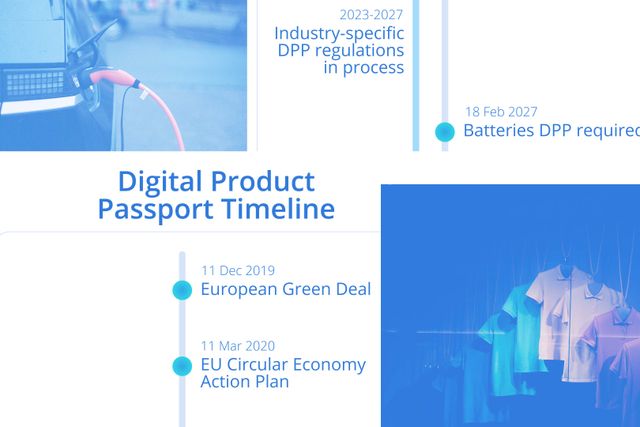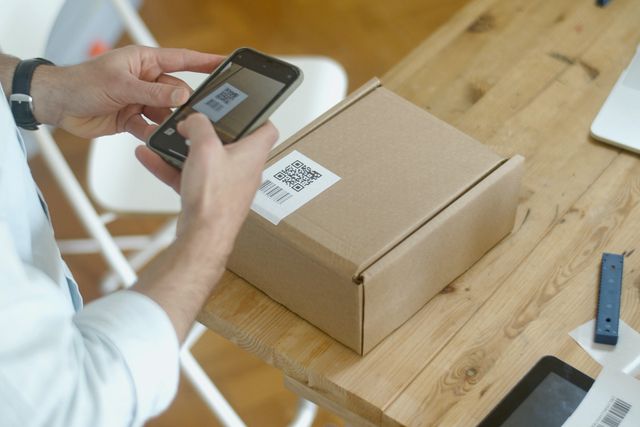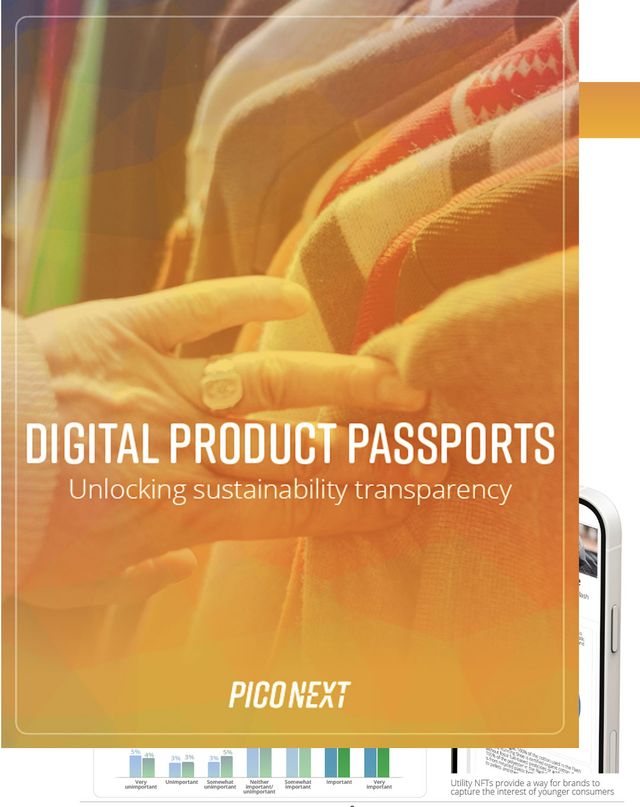Digital Product Passport (DPP) for Plastics
Encourage product transparency for acrylics, polyesters, silicones, and other plastic products

What is a Digital Product Passport (DPP) for Plastics?
Encourage transparency & compliance
Creating DPPs for Plastics assists companies in enhancing transparency regarding their products, boosting customer trust, and adhering to E.U. regulations.
Provide sustainability data for plastics
Plastics DPPs can encompass product-level data concerning company details, raw materials, and manufacturing processes.
Access plastics DPPs via QR Code
Companies can offer customers a QR code - either on the product itself or in supplementary materials - that can be scanned to reveal a Digital Product Passport for Plastics.
Enhance product sustainability
Digital Product Passports (DPPs) for Plastics showcase vital details about products - including acrylics, polyesters, silicones, and other plastic products - so that customers can make informed purchasing decisions.
Plastics DPP Example Data
Benefits: Digital Product Passport for Plastics
Traceable sourcing
Show the provenance and origin of your plastic products materials
Regulatory compliance
Ensure adherence to E.U. and global regulations concerning transparency
Circular economy
Promote a circular economy, where products are sustainably sourced and responsibly recycled
Plastics resources
Articles to assist you in commencing with Digital Product Passports for plastics




